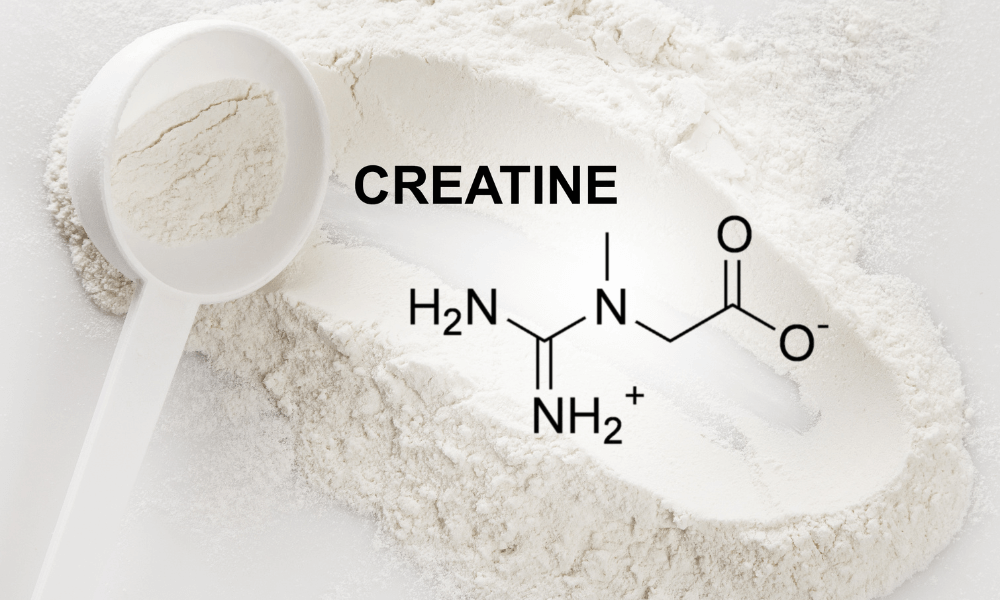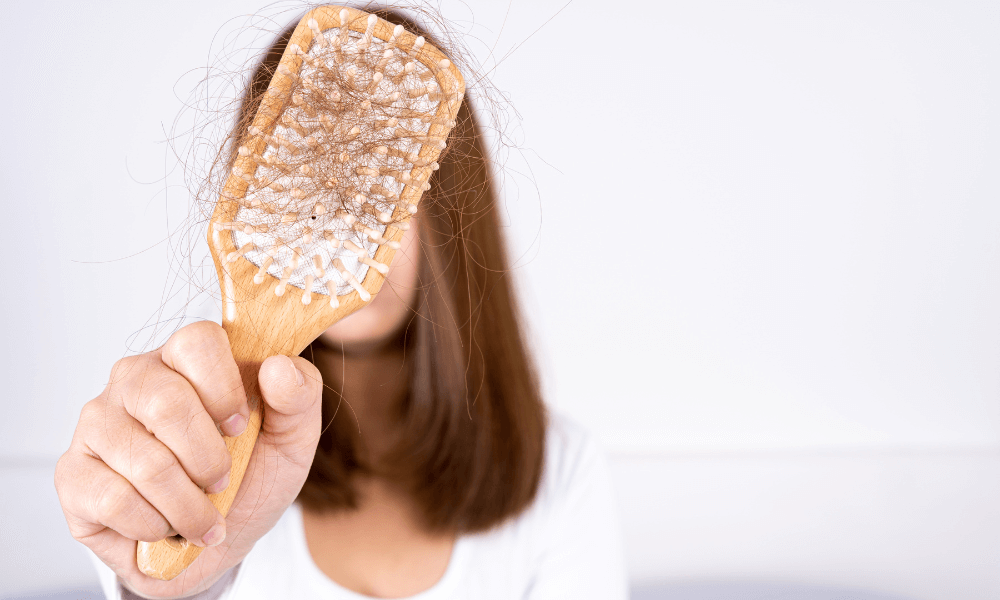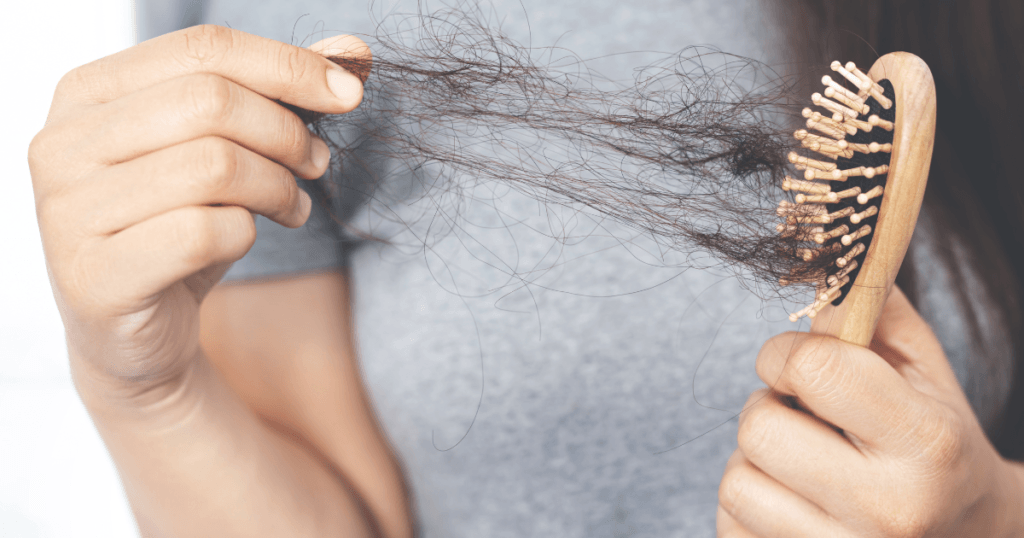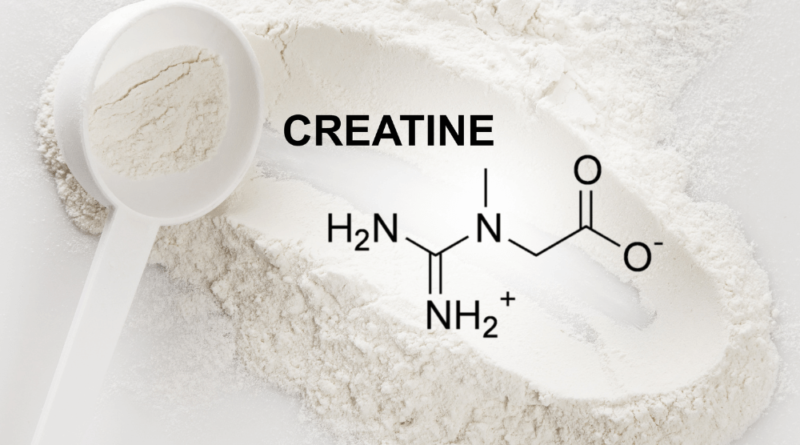Does Creatine Cause Hair Loss? | The Ultimate Guide
Does Creatine Cause Hair Loss? Uncovering the Reality
Creatine, a widely popular and effective supplement in fitness and bodybuilding, is renowned for enhancing athletic performance, increasing muscle mass, and improving overall strength. However, it has faced its share of myths and misconceptions, with concerns about creatine hair loss topping the list. This article delves into the scientific evidence, potential side effects, and safety considerations to determine whether creatine causes hair loss or is a harmless fitness aid. Let’s uncover the truth about creatine and hair loss.
Creatine and Hair Loss: A Comprehensive Analysis

Scientific evidence suggests that creatine is not a direct cause of hair loss. Some people fear that taking creatine may cause an increase in dihydrotestosterone (DHT) levels, which has been linked to hair loss. However, studies have not found a significant connection between creatine supplementation and increased DHT levels. If you’re experiencing hair loss while using creatine, it’s essential to consider other factors like genetics, overall health, and any potential underlying causes. It’s highly recommended to consult with a healthcare professional for personalized advice.
Creatine and DHT: Is There a Connection to Hair Loss?
Dihydrotestosterone (DHT) is a hormone responsible for male pattern baldness (androgenetic alopecia). Some individuals worry that creatine supplementation may increase DHT levels, which could contribute to hair loss. But is there any merit to this concern?
Research on this topic is limited, but a study published in the Journal of Exercise Physiology in 2009 did investigate the effects of creatine on DHT levels. The study found no significant increase in DHT levels among participants taking creatine supplements. This suggests that creatine alone is unlikely to promote hair loss by increasing DHT production.
The topic of creatine hair loss has garnered attention in fitness circles. How fast does hair grow? Many users wonder about the timeline and severity of creatine hair loss and the side effects of creatine hair loss. Let’s explore this issue in detail.
How Fast Does Creatine Cause Hair Loss?

The topic of creatine and its potential connection to hair loss has garnered attention in fitness circles. Many users wonder about the timeline and severity of creatine hair loss and the side effects of creatine hair loss. Let’s explore this issue in detail.
- Immediate Effects: Creatine supplementation is unlikely to cause quick hair loss. Hair growth and loss occur over extended periods, and any impact from creatine will likely be gradual.
- Indirect Factors: Some users report hair changes after extended creatine use. It’s crucial to understand that creatine may not directly cause hair loss. Instead, it may indirectly influence hair health through increased DHT levels, which can affect hair follicles over time.
- Individual Variation: The rate at which creatine might contribute to hair loss varies from person to person. Genetics, hormone levels, and overall health are significant determinants. Some individuals may experience noticeable effects sooner, while others may not see any impact.
- Lack of Definitive Evidence: It’s essential to note that scientific research on creatine-induced hair loss is limited. Studies have not conclusively established a link between creatine and significant hair loss.
In summary, the speed at which creatine may cause hair loss is uncertain. While anecdotal reports exist, concrete scientific evidence still needs to be discovered. If you’re concerned about this potential side effect, consult a healthcare professional and consider monitoring your hair health as you incorporate creatine into your fitness routine.
Also read: How to Fix Stunted Hair Growth?
What is the most common cause of hair loss?
Hair loss is a common concern for many people. Male or female pattern baldness, also known as androgenetic alopecia, is the most common cause of hair loss. This hereditary condition is influenced by genetics and hormones, particularly dihydrotestosterone (DHT). As we age, hair follicles become sensitive to DHT, gradually shrinking follicles and thinner, shorter hair growth cycles. Stress, poor nutrition, certain medications, telogen effluvium, or alopecia areata can cause hair loss.
Is hair loss from creatine permanent?

No, hair loss from creatine is not permanent. While there have been concerns about creatine’s potential impact on hair health, research indicates that creatine supplementation is unlikely to cause permanent hair loss. If you notice hair changes while using creatine, they are more likely due to factors such as genetics or other underlying conditions. If you stop taking creatine and address any contributing factors, your hair should gradually return to its regular growth pattern.
Creatine Side Effects and Safety Considerations
While creatine use is not directly linked to hair loss, it’s essential to consider its potential side effects and safety concerns.
- Gastrointestinal Distress: Some individuals may experience stomach discomfort, bloating, or diarrhoea when taking creatine.
- Kidney Health: There have been concerns regarding the impact of creatine on kidney function. However, numerous studies have shown that creatine supplementation is generally safe for healthy individuals with normal kidney function. Before using creatine, it’s best to speak with a healthcare provider if you have a history of kidney disease.
- Dehydration: Creatine can cause an increase in water retention within muscle cells, potentially leading to dehydration if you’re not drinking enough water. Staying well-hydrated is essential when using creatine.
- Interactions with Medications: If you’re taking medications or have underlying medical conditions, consult your doctor before using creatine, as it may interact with certain drugs.
Genetics and Hair Loss: Their Significance
Genetics plays a pivotal role in understanding the connection between creatine hair loss and genetic predisposition. While creatine and hair loss concerns exist, it’s crucial to recognize that genetic factors often dictate susceptibility. Male pattern baldness, driven by genetics and hormonal interactions, primarily involves dihydrotestosterone (DHT) production. Research on creatine and hair loss has yet to conclusively link the two, highlighting the prominence of genetics in hair loss cases. This genetic influence extends to the rate and extent of hair loss, emphasizing that creatine’s impact on hair health may vary significantly among individuals due to their unique genetic makeup.
In Conclusion: Creatine and Hair Loss
In conclusion, no conclusive scientific evidence suggests that creatine causes hair loss. While some concerns about its potential impact on DHT levels have been raised, studies have not shown a significant link between creatine supplementation and hair loss.
When considering creatine, focusing on its overall benefits in improving athletic performance, muscle growth, and strength is crucial. Before taking creatine, it is recommended to consult with a healthcare professional if you have any preexisting medical conditions or are worried about possible side effects.
Ultimately, if you’re worried about hair loss, it’s essential to understand that genetics, hormonal factors, and aging are the primary culprits. It is unlikely that creatine is the root of the problem, and with the correct usage and hydration, it can still be a helpful aid in your fitness quest.
So, in the realm of creatine and hair loss, you can rest assured that creatine is more likely to boost your gains at the gym than lead to hair loss concerns.
Here are some concise FAQs related to creatine and hair loss:
Q1: Does creatine cause hair loss?
No, no conclusive scientific evidence links creatine supplementation to hair loss.
Q2: Does Creatine Elevate DHT Levels and Trigger Hair Loss?
Studies have shown that creatine does not significantly increase DHT levels, making it unlikely to cause hair loss.
Q3: What are the potential side effects of creatine?
Common side effects may include stomach discomfort, bloating, and dehydration if not enough water is consumed. Always start with a lower dose and consult a healthcare professional with concerns.
Q4: Is creatine safe for kidney health?
Creatine is generally safe for individuals with normal kidney function. If you have kidney issues, it is essential to consult a doctor before using creatine.
Q5: Can creatine interact with medications?
It’s possible. Consult your doctor if you’re taking medications to ensure no interactions with creatine.
Q6: Does genetics play a role in hair loss?
Genetics and hormonal factors are the primary contributors to hair loss, not creatine.
Sources:

Pingback: How To Get Fluffy Hair - Expert Tips For Voluminous Hair
Pingback: How Long Does It Take For Hair To Grow
Pingback: Does Hair Dye Kill Lice? | Exploring Effective Treatments
Pingback: Does Wearing A Hat Cause Hair Loss?
Pingback: Rosemary Water For Hair: Growth, Benefits, And Precautions
Pingback: Is Raw Sugar Shampoo Good For Your Hair?
Pingback: Does Alcohol Cause Hair Loss? The Truth